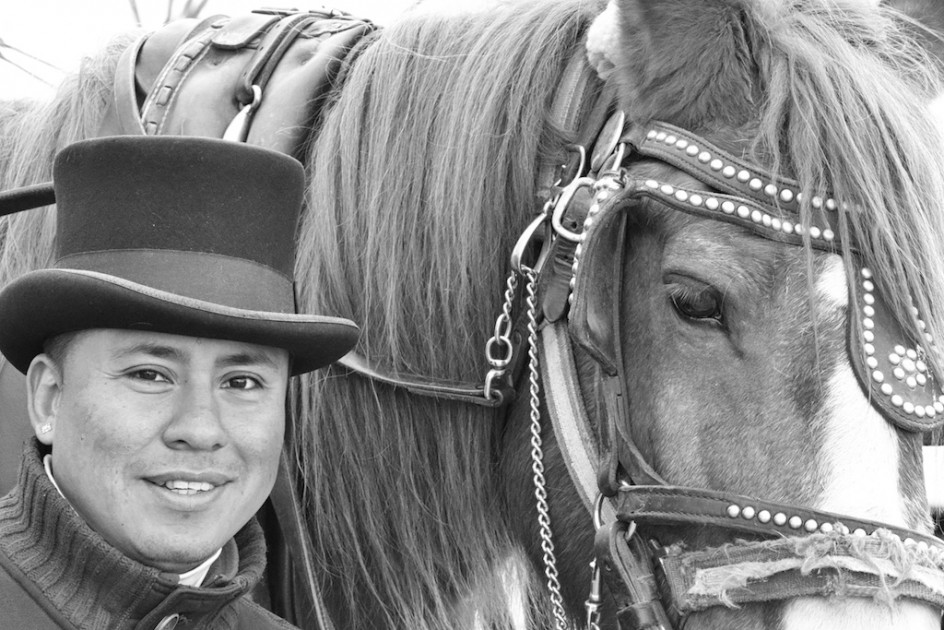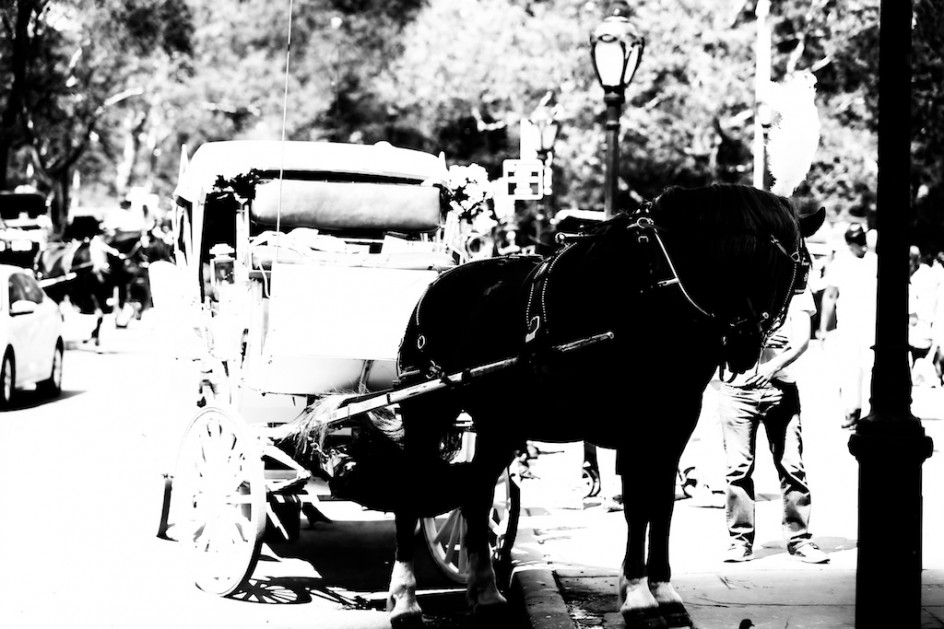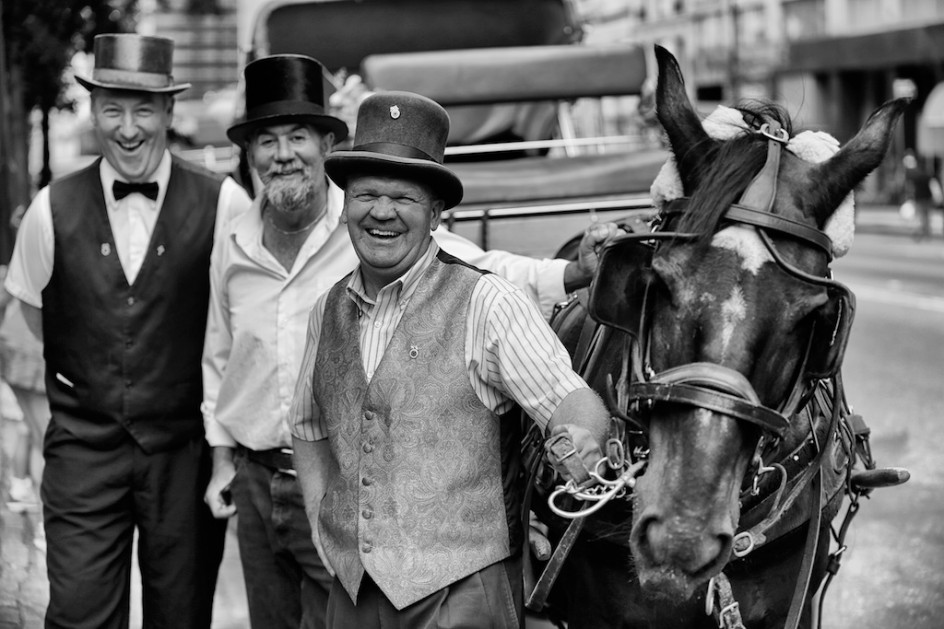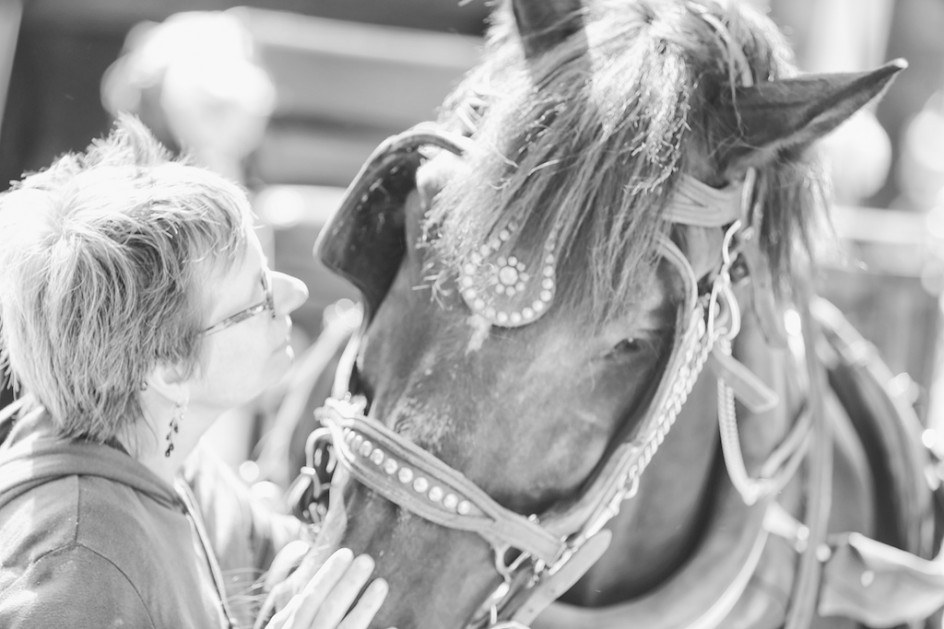Sometime in the next year or three, the rebels and their new political party, the Republican Party, will take control of the House, probably the Senate and possibly the White House.
For many Americans, that is yet another dread prospect.
Americans are volatile, fending off disease, inflation, climate change, a paralyzed Congress, an endangered democracy, and bitter divisions throughout the county.
They want something different. Don’t you?
There is much talk in the media these days of civil war and far-right coups, but I find the idea somewhat illogical and farfetched.
Time for some perspective, which is when I venture back into politics.
America has been locked in a cultural and political civil war for decades. It’s just coming to a head. The Democrats have lost touch with Middle America, and the Republicans are disconnected from urban America.
The Republicans have done an amazing job plotting their rise to power. The Democrats have failed miserably to slow or stop them or respond to their growth and energy.
The two sides keep moving farther and farther apart; a reckoning was inevitable and is, in fact, long overdue. The insurrectionists even have their own cable channel to keep the pot stirred. It turns out that journalists are just as corruptible as anyone else.
This conflict has already turned violent in a country that has been violent since its inception.
About 1.4 million people have died from firearms in the U.S. between 1968 and 2011, four times the amount killed in our first civil war. In 2019, 14 962 people died from a firearm homicide, 37 percent of the total firearm death.
No developed nation on the earth has bloody statistics like that to report. We’ve been in trouble for a while.
No one thinks this civil war will be anything like the first one if it happens at all.
There has already been recurrent and explosive violence in this new conflict. The wise ones say if a civil war erupts, it will look much more like Northern Ireland than Antietam.
The Internet has siphoned much hate and argument onto computer screens and off the streets. You don’t need to go anywhere to hate your fellow citizens but your living room.
Since they are getting what they want by breaking all our democratic traditions and practices, and by crisis after crisis hitting the hapless Biden administraton, the insurrectionists – the new rebels – don’t have any reason to revolt violently or on a massive scale in bloody battlefields.
Why on earth would Donald Trump and his angry followers want a violent Civil War? Why would they need one? And who would be left to play golf in all those clubs?
The so-called rebels are making a fortune and doing well at the polls. And all they have to do is sit back, oppose everything, offer nothing, and watch Biden struggle while the price of everything rises.
Trump is not a Greek-style warrior; he is a familiar coward. He gets people to fight for him and then runs and hides. He’s uncompromising and fearsome in his tweets but terrified of germs and face-to-face conflict.
He and his white nationalist and corporate followers are winning the old-fashioned way, as much as they profess to hate it – by being sneaky and dishonest, stealing the more significant elections and winning the small ones, and lying about almost everything else.
That’s more effective than riots and tanks and the risk of getting hurt.
If they win, the political reality will flip, and they won’t like it.
The people at war with our democracy today will have plenty of power and a lot of responsibility, and their biggest weapon: attacking a government they refuse to be a part of – will be lost.
They won’t need guns to do get power or an army.
But it will be a pyrrhic victory if it happens, in every sense of the word. Trump knows how to win sometimes, but he knows how to lose even more.
It’s how he deals with and exploits defeat and failure that defines him and enriches him, not success.
He has perfected the art of shifting blame away from and onto almost everyone else.
He takes responsibility for nothing, so he is, in fact, responsible for nothing. Biden takes responsibility for everything and is up to his neck in blame and resentment.
The pressure will be on the new government, if there is one, to govern in a better, more humane, and effective way than they have in the past.
They will not be able to do meet the challenge as they now exist.
They are not about governance but grievance and complaint and self-pity. And they are proud of their lack of empathy and compassion. It stirs the macho heart.
They are seeking to turn the clock back to the glory days of white, Christian male supremacy.
It can’t be done.
No one can tell me their ideology because there isn’t one. The movement stands for nothing but Donald Trump and his sociopathic ambitions and resentments.
Either way, if you can take a breath, it seems Trumpism is doomed. That is not our future, whatever it turns out to be.
Nobody knows what Trumpism stands for except the manipulation of white working-class people to fear and fight against their natural allies, the new America sprouting all around them, the Portland moms, Black Lives Matter, me too movement, gay rights, immigrants, progressives, and the explosive rise of politically powerful feminism.
Trumpism depends on those disparate social groups staying apart and fighting one another. Trump is very good at pushing the buttons of division.
Of course, the Democrats are losing voters. And they deserve to.
The country is in a dreadful mess, and so is the Democratic Party, which is bitterly divided, and even when they are doing something about all this, it doesn’t feel like they are.
Their messaging is horrendous.
We lurch from trauma to trauma and disaster to disaster. Why wouldn’t voters turn away? This may not be Joe Biden’s fault, but he is not getting that message across.
Can a Republican Party run by Trump govern, even if they win? It’s hard to believe. I don’t.
There is no platform, policy or program, or ideology behind Trumpism. They aren’t patriots; they seem to despise our country and its traditions. In that sense, they are revolutionaries.
The movement is all about power, who gets it, and how it is used. And it’s about hating the new and the other, as profound an American tradition as any single thing.
Trumpism is about targeting and despising democratic and progressive, and moderate members of Congress, government, liberals, elitists, scientists, professors, the educated, doctors. And above all, professional journalists.
Sorry, did I forget to mention Muslims, refugees, people of color, and immigrants?
Besides themselves, who don’t they hate?
Besides Trump, it is not clear what Trumpists love, if anything. Can the party of lies, hate, and division take over and govern a nation of this size? Can such a loveless and angry movement thrive in proud America?
This isn’t a third-world country used to dictators. Most of us – not all – are used to being accessible and will fight very hard to stay that way.
Donald Trump has failed in almost every aspect of life – business, marriage, parenting, friendship, fidelity, loyalty, and competence. He is even said to cheat at golf.
Count on him to stumble and fall.
The pandemic has overwhelmed and defeated both Donald Trump and Joe Biden as it has confounded and defeated every leader in the world. It is more significant than all of them.
It would take a Messiah to pull us out of this unscathed at the moment. None are running for President. Covid will go away when it is ready. And that may take a long time.
Donald Trump’s great weakness is that he learns nothing from the past.
Failures and defeats are just fresh opportunities for him to move ahead, point fingers, sacrifice others, and find a way to make some money from his many disasters.
He is no deep thinker or visionary. He forgets one of the great lessons of common sense: be careful what you wish for; you might get it.
If he had any real savvy, he’d remain holed up in Mar A Largo and his golf courses, scheming and plotting and taking money under pretenses and stalking Biden and the democrats and his lengthening enemies list.
He is free to do what he’s best at, manipulating his followers to hate everyone who does not support him—and getting a lot of money for undermining our democracy. If he returns to the Oval Office, he will have to do a lot more than that. He will be walking into a firestorm, and his trademark is running and hiding from firestorms, not into them.
Trump is all ego and little substance. His ego can’t bear defeat; there is no rational reasoning. You can’t govern on ego alone.
The country is changing, and as unhappy as this makes white Christian nationalists (Trump is their open leader now) or beleaguered white working people, they’d have to co-opt a vast Army, shoot a lot of judges, and slaughter 80 million or so people do it.
This mess could well take decades to sort out, but it is neither apocalyptic nor civil war or the end of our way of life. More than 500,000 Americans died in our first Civil War; I can’t imagine any existing scenario that would make that possible or happen now.
When the Republicans take over most or all of Congress next year, they will lose their most significant advantage – being responsible for nothing. Now, they can yell and scream, point fingers, manufacture false outrages, and make stuff up all day.
They can avoid blame or accountability for anything, even attacking our capital and killing the people defending it. That will change in a flash if they are in power. They will overnight become the enemy to many people struggling with life.
They will own everything they criticize, and half the country will be in a rage.
They won’t be the outsiders tossing rocks through the church windows anymore if they are on top. They’ll be the insiders screwing up people’s lives.
They will instantly be held accountable for a profoundly confusing and schizophrenic economy, a raging pandemic, a divided country, and a powerful and motivated opposition (not the Democratic Party, but the people who counted on it to defend and protect them.)
I am not aware of anyone in their right mind who believes that Donald Trump and the gang that couldn’t shoot straight can handle this. This is a vast and diverse country. Did they accomplish one significant thing in four years or power?
I don’t believe that Joe Biden will be running for re-election. I suspect it will be a younger, more charismatic, and vastly more popular candidate.
That would profoundly change the political landscape, and it is possible, even likely. If Trump runs, he may well have a strong opponent. And there is no politician more vulnerable or exposed than he is.
If any country in the world is ready for new leadership, it is ours. That leader is not Donald Trump.
In a democracy, a coup like the media is talking about would provoke massive resistance and opposition in forms not yet even imagined.
I can’t imagine anyone governing in an environment like that, nor do I think we are the next Myanmar, whose army will enthusiastically butcher anyone with a cell phone.
Trying to every Democratic state, including New York, California, and Illinois, will mean co-opting every federal law enforcement agency and tens of millions of people.
What are he and his neutered political party – striped of sane and honest legislators – going to do to revive the economy, to stop Covid from spreading all over the world, again and again? What is his plan for stopping gun violence?
How will the Great Divider unite the country? His border walls were already an instant joke, rusting and falling apart already, and at great expense, with thousands of immigrants pouring through and around them.
And what about climate change, which is displacing and leaving in ashes and ruining the lives of millions of Americans.
What will the leaders of the far-right coup do about what? What is their plan? How will they quiet the armies of young people organizing to save our planet?
As a party, the Republicans don’t believe climate change is real, vaccines work, or Covid 19 is dangerous and on the way to killing a million Americans.
How can they understand how to meet those challenges?
Bleach didn’t seem to do it two years ago, and today they fight vaccination mandates all over the country. They have become the champions of ignorance and bigotry, the party of the Dark Ages.
What is their idea, exactly, an American freedom die-off? Is killing people the new direction for health care?
If you want to think about a civil war, think about how all those women and people of color and environmental activists and the others in the new America would react to a government and leader that took away their votes, their rights, the lives of their parents, children, and friends, ethics, and standards and trampled over their passions and goals.
The perennial victims will become the persecutors, and the persecuted will become patriots, as actually happened in 2020.
The abortion struggle reveals the difficulties of bringing a dictatorship to a diverse, large, and complex country like America.
Even before the court cripples or overturns Roe v. Wade, Big Pharma sells millions of effective abortion and contraception prevention medicines pills that are freely available all over the country.
They are as easy to get for the poor as for the rich. It would take a huge Army to stop them. And one thing we know – Trump and his party never turn away lobbyists or disappoint them.
Soon enough, new technologies will make the abortion debate seem like a battle of the dinosaurs, which is what it is.
Perhaps one day, both sides will learn that people can’t be bullied into belief and surrender. People have to talk to each other, something Americans forget how to do.
The present does not define the future; that takes real imagination and strength. But it’s the present that scares the hell out of people.
Suppose anyone should be worried about a civil war. In that case, it should be the flag-wavers for Trumpism, a hateful and dysfunctional social movement, not a political party or trained army or diverse social activity.
As horrific as they were and might have been, the plot against the governor of Michigan and the capitol were stunning in their ineptness and stupidity. These people are still a fringe on the outer edges of our society.
The Republican Party has lost any thread of moral authority or integrity – not one of them turned up at the Capitol ceremony last week.
Being distrusted and reviled by half the country will not make governing easy for them. No President as unpopular and distrusted as Trump has ever succeeded or accomplished one significant thing in all of our history.
The failure of Trumpism will come by the Trumpist’s own hands – they got what they wished for without giving any thought to what they will do with it.
So here’s the bottom line from my point of view :
Civil war as we think of it is not looming over the horizon, and I can’t quite buy the idea of an imminent and total coup. It”s not the end of our world.
There are several years to go before the election. In this world, absolutely no one can predict the future. And things change fast.
My motto is to be strong, keep the faith, and do good whenever possible and as often as possible. No one outside of me is going to trash my center. And I won’t live in fear and anger.
My idea is that there will be significant work for me to do, and I intend to do it well.
I believe that love, truth, and compassion are the most potent weapons. in the world.
Stay strong. Be glad.





